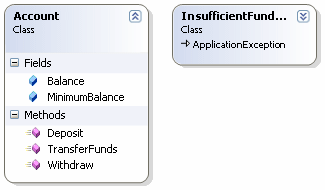
programming languages
Love It, Hate It
Brendan Kidwell noted something interesting about the comments on Trackpoint versus Touchpad: You know, I just realized that there is a lot of LOVE and HATE going on, and it doesn’t seem to be very unified. Software development is basically a religion. It’s not surprising that software developers









